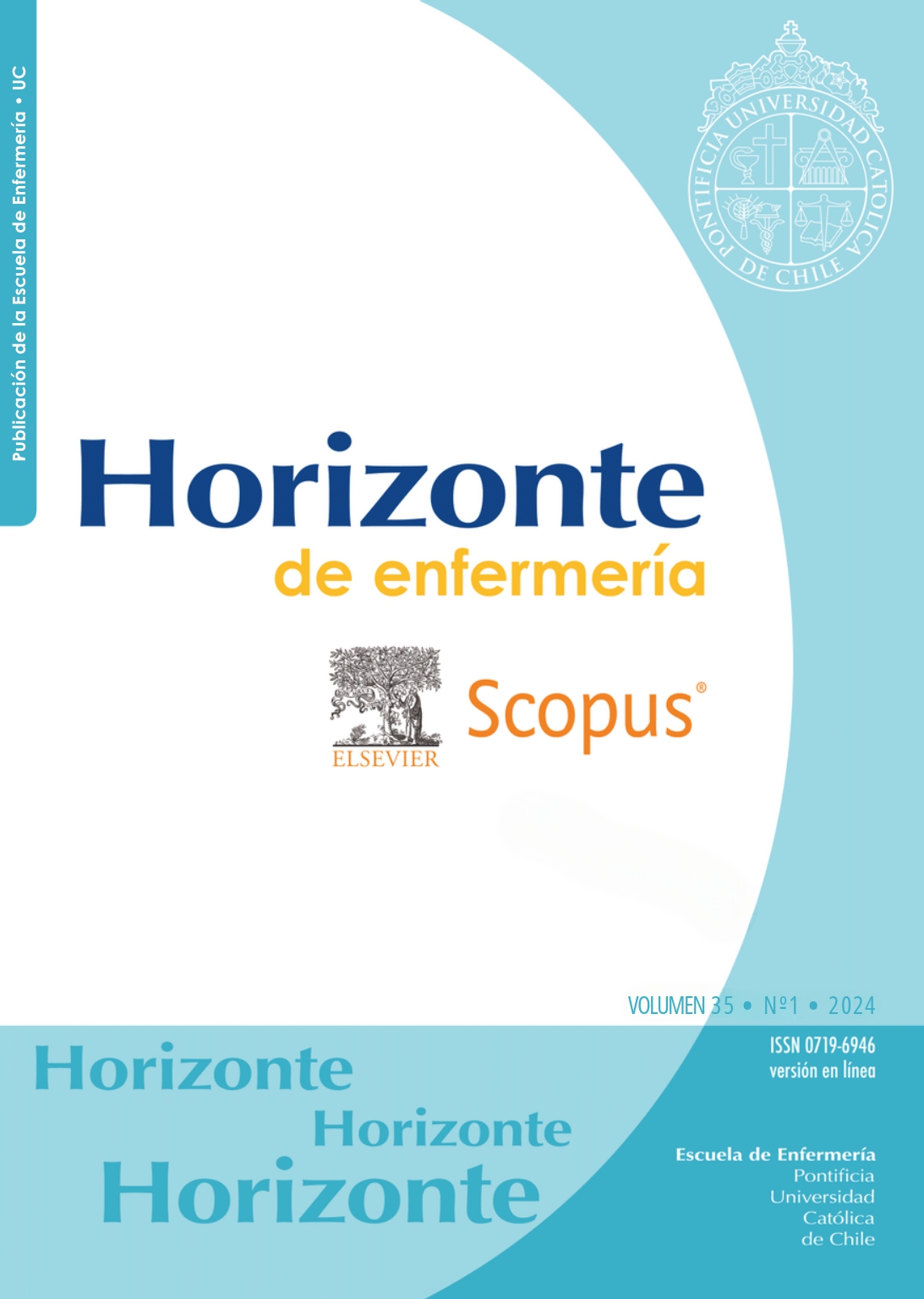THE EXPERIENCE UNDERWENT BY FAMILIES OF PEOPLE SUBJECTED TO BARIATRIC SURGERY: A QUALITATIVE STUDY
Contenido principal del artículo
Resumen
INTRODUCTION: Obesity is considered a non-communicable disease. Surgical procedures and patient care are some of the aspects of caring for people who endure obesity, and it is often forgotten that they have a family that accompanies them in all related health care procedures. As the family is present throughout life's processes, it is important to have a greater knowledge of all the factors that influence family care during such procedures. OBJECTIVE: To describe the meaning of the experience underwent by relatives of patients who have been subjected to bariatric surgery during the first year. METHODS: An exploratory, descriptive and qualitative study with 11 female and 9 male participants who participated in semi-structured interviews. Data analysis used tools from the Grounded Theory. RESULTS: The family members acknowledged that bariatric surgery meant a change in health, the experiencing of surgery itself, and changing eating habits. CONCLUSIONS: The family of a person subjected to bariatric surgery lives through the changes together with the member who undergoes the procedure. Family members accompany their relative during the processes associated with the surgery and must assume adjustments in their everyday life to accommodate the changes implied by the surgery to improve the health of their relative.INTRODUCTION: Obesity is considered a non-communicable disease. Surgical procedures and patient care are some of the aspects of caring for people who endure obesity, and it is often forgotten that they have a family that accompanies them in all related health care procedures. As the family is present throughout life's processes, it is important to have a greater knowledge of all the factors that influence family care during such procedures. OBJECTIVE: To describe the meaning of the experience underwent by relatives of patients who have been subjected to bariatric surgery during the first year. METHODS: An exploratory, descriptive and qualitative study with 11 female and 9 male participants who participated in semi-structured interviews. Data analysis used tools from the Grounded Theory. RESULTS: The family members acknowledged that bariatric surgery meant a change in health, the experiencing of surgery itself, and changing eating habits. CONCLUSIONS: The family of a person subjected to bariatric surgery lives through the changes together with the member who undergoes the procedure. Family members accompany their relative during the processes associated with the surgery and must assume adjustments in their everyday life to accommodate the changes implied by the surgery to improve the health of their relative.
Descargas
Detalles del artículo

Esta obra está bajo una licencia internacional Creative Commons Atribución-NoComercial-SinDerivadas 4.0.
